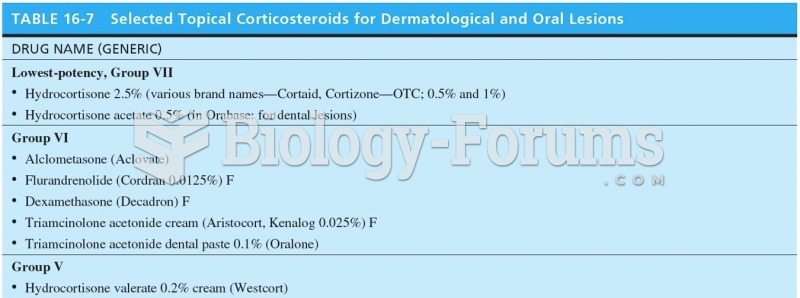Answer to Question 1
Correct Answer: 2
Rationale 1: There is no drugfood interaction between verapamil and grapefruit.
Rationale 2: Calcium channel blockers like verapamil prolong the PR interval, thereby controlling ventricular rate in cases of atrial fibrillation.
Rationale 3: Verapamil (Calan) slows ventricular rate but is unlikely to cause conversion to normal sinus rhythm.
Rationale 4: If the heart rate became too slow due to the effects of the calcium channel blocker, then the medication would be discontinued. It would be a rare emergency for the heart rate to get so low that a pacemaker would be necessary.
Global Rationale: Calcium channel blockers like verapamil prolong the PR interval, thereby controlling ventricular rate in cases of atrial fibrillation. There is no drugfood interaction between verapamil and grapefruit. Verapamil (Calan) slows ventricular rate but is unlikely to cause conversion to normal sinus rhythm. If the heart rate became too slow due to the effects of the calcium channel blocker, then the medication would be discontinued. It would be a rare emergency for the heart rate to get so low that a pacemaker would be necessary.
Answer to Question 2
Correct Answer: 4
Rationale 1: Calcium channel blockers do not widen the QRS.
Rationale 2: Calcium channel blockers do not widen the QT.
Rationale 3: Calcium channel blockers do not cause T wave changes.
Rationale 4: Prolonging the refractory period by calcium channel blockade causes prolongation of the PR interval.
Global Rationale: Prolonging the refractory period by calcium channel blockade causes prolongation of the PR interval. Calcium channel blockers do not widen the QRS or the QT and they don't cause T wave changes.







